The advent of artificial intelligence advertising has made it easier for marketers to grab the attention of potential customers.
Thanks to AI in e-commerce, product recommendations created with AI in targeted advertising have undergone a considerable transformation and now play a significant role in online shopping.
It works with huge, updated data sets and predicts products the user, perhaps, wants to see next. Ideally, there will be far fewer ads on the Internet that will haunt the user by showing them a product they don’t want to buy.
But what if the scopes in artificial intelligence advertising are at the start of the development, but soon online advertising machine learning will create new ads: hyper-relevant, fully relevant to the context, and, accordingly, affecting significantly on users’ decisions?
But before we look ahead, let’s take a look at how AI technologies change targeted advertising and how far we’ve come towards our goals.
Advertising customization will be able to solve any of your business problems. In our blog, you will find many answers to your questions and will be able to solve any of your business problems.
AI Targeted Advertising In E-commerce

Having carefully analyzed the statistics of various data, we highlight the main advantages of using AI in eСommerce.
AI targeted advertising boasts the following benefits:
- Thorough data analysis. By collecting a large amount of information about a user, AI begins to show the most relevant and useful targeted advertising at the moment to that person.
- Pop-up notifications. Using AI for push notifications can be helpful to many potential customers by sending notifications at the right time.
AI used in e-commerce also plays a significant role in recognizing a sudden increase or stop in site traffic. This makes it possible to ensure the operation of the network without any breakdowns or to debug the network if an unpleasant situation has already arisen.
AI-powered content creation
Every message created by AI is meant to be read as if it were written by a human. Understanding the data and writing style depends on the rules and formats set by your company to best suit the needs of your audience.
In addition to content creation, AI-powered marketing tools can offer fresh social media content that your brand followers are more likely to interact with.
While books or reports written entirely with artificial intelligence are still uncommon, you can use AI tools to automatically generate e-mail content, personalized reports or messages, and track content on social media posts.
Chatbots and content creation
Thanks to AI, smart chatbots are helping to create personalized content better than regular employees.
These bots have access to a huge amount of users’ information.
They can also come up with location-specific queries and thus detect behavioral patterns, identify recurring problems, and predict where a site is complex for a particular user. This often makes them more knowledgeable than any customer service representative.
Intelligent management of e-mail content
Frequently, marketing teams spend hours writing and scheduling weekly e-mails for multiple customer segments. Even with smart subscriber segmentation, you won’t be able to deliver personalized e-mail newsletters to every person. However, research has shown that 80% of marketers find personalized content to be more effective than “non-personalized” content.
This is where AI comes into play. Algorithms can display information about the user experience on a site and data about e-mail viewing, giving insight into all interactions with your content. Such knowledge allows the algorithm to define content to create personalized e-mails.
Dynamic e-mail marketing can be based on:
- Previous interaction on the site;
- Previously read blog articles and viewed content
- Time spent on the page;
- The bucket list;
- The most popular content on today;
- Interests of similar clients;
- Previous interactions with your company’s mailing list.
Artificial intelligence allows you to send e-mails with deep personal content to every customer. By analyzing reading patterns and topics of interest to the user and then recommending content relevant to the user, AI in e-mail marketing strategies can be the driving force behind engagement.
Not all AI systems can learn from user feedback. When evaluating tools, look for this feature.
The Benefits Of AI In Targeted Advertising

In fact, AI plays a critical function, so let’s take a look at a few more advantages of AI in e-commerce.
Churn Predictions and Visitor Engagement
Tools in this area collect data, create analytic models, and explore those models with real visitors. This data determines which churn path the customer is on.
It is harder to attract the attention of people who stopped interacting with the brand after purchasing a product than those who remain among the customers for a long time.
Because churn forecasts are unique for every company and every product, machine learning algorithms must be tailored for you so you can get the knowledge you need from scratch. With this data, you will be able to create valuable content sent to those who have begun to lose interest in the brand.
AI insights into shoppers
It takes humans a long time to convert numbers into inferences about customer behavior patterns, but AI can do this in minutes.
AI technologies project an image of the perfect customer with a lot of information, such:
- geolocation related events;
- interaction on the site;
- referral sources;
- psychographic factors;
- purchasing behavior;
- past experience with the company.
The advent of artificial intelligence advertising makes this task much easier.
Through AI in e-commerce, AI-powered product recommendations in targeted advertising have undergone a significant transformation and are now playing an important role in online shopping.
FAQ
The AI is used in advertising, selecting a target audience, analyzing customer needs, processing a huge amount of data, creating chatbots, and improving algorithms. So in the future, we should expect more innovative solutions that will further simplify the task for marketers and have a more significant impact on customers.
AI performs a number of complex but very useful functions, such as sending personalized suggestions to people, taking into account their needs at the moment. Using AI, you can target the created customer base for repeated interaction with the company.
Research has shown that around 60% of companies use AI to create ads.
AI will undertake the following tasks: analysis of business statistics, including marketing, consideration of analytical forecasts for the near future, and will concentrate on the field of data transmission.
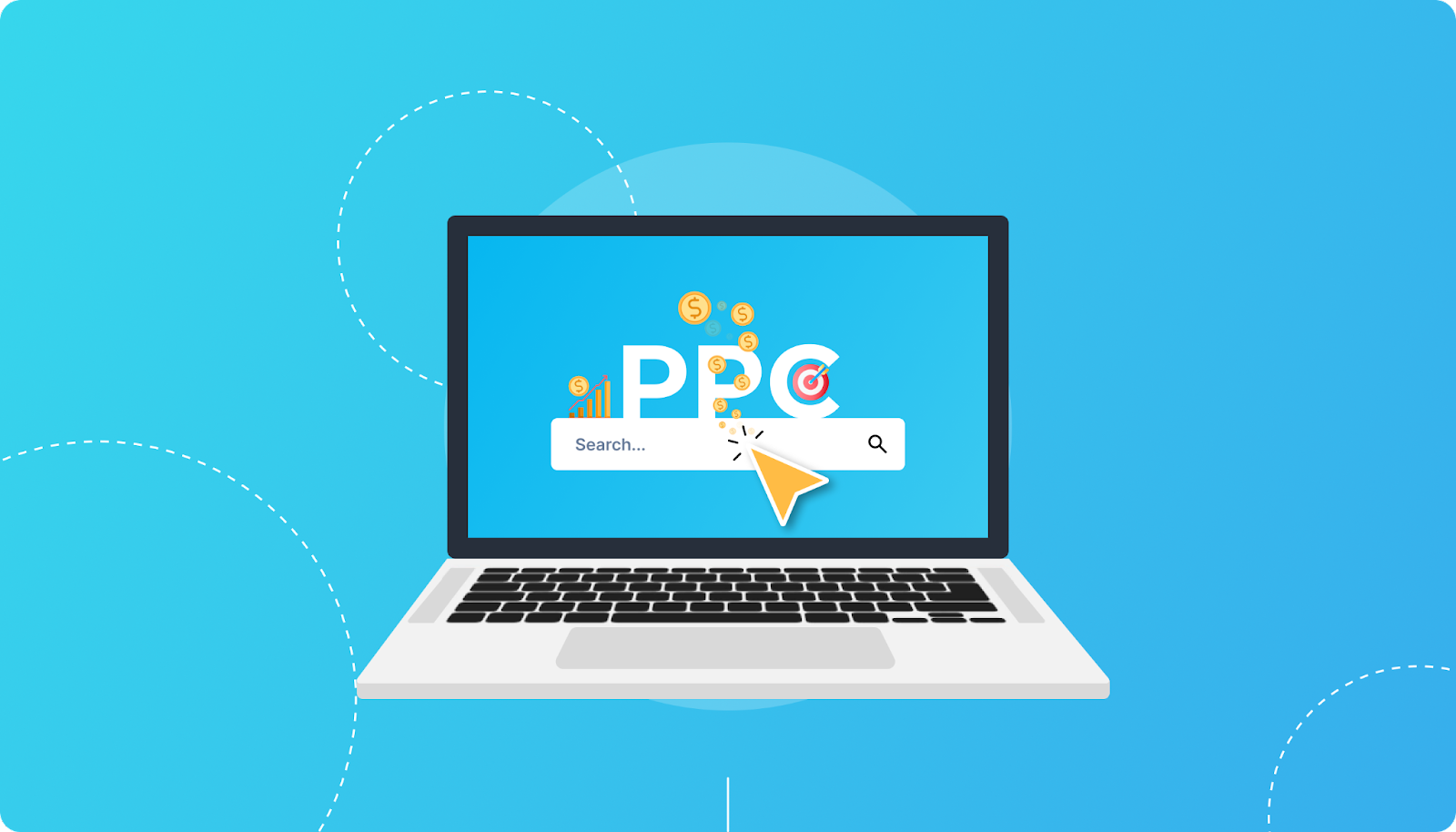
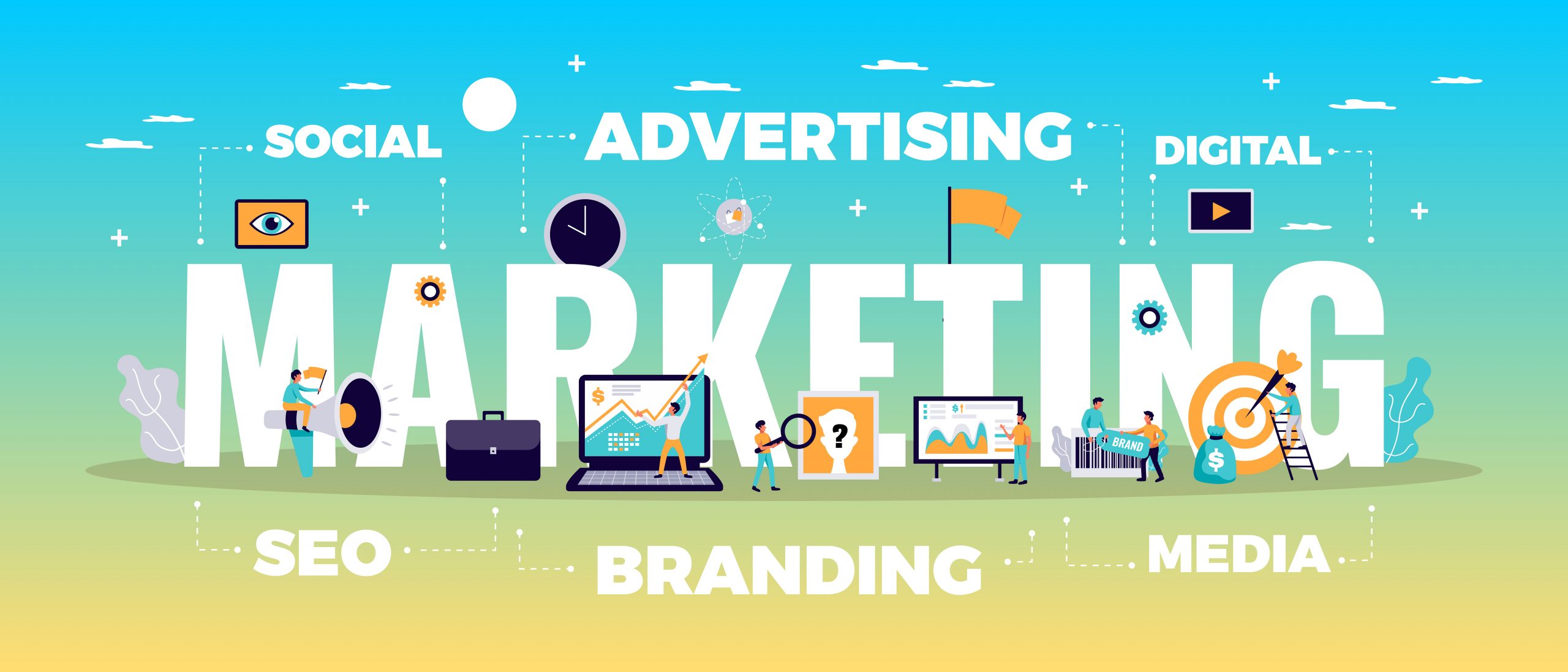
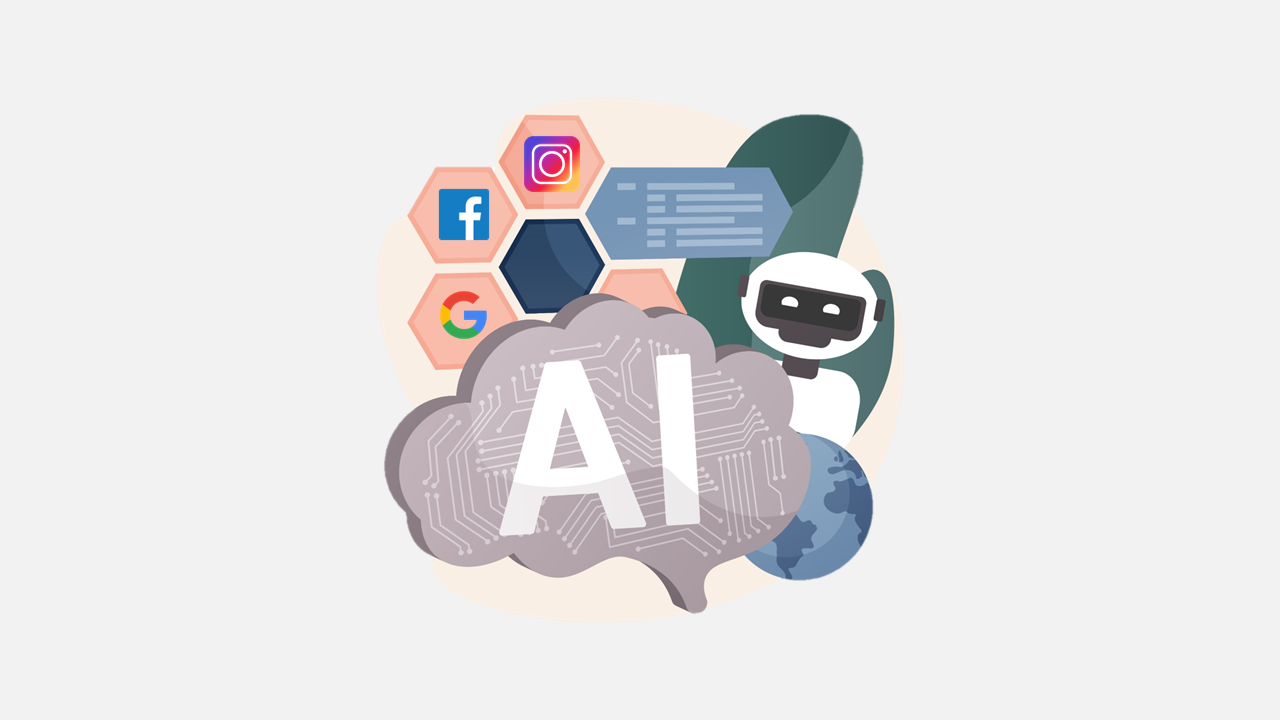

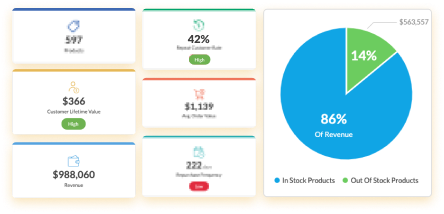

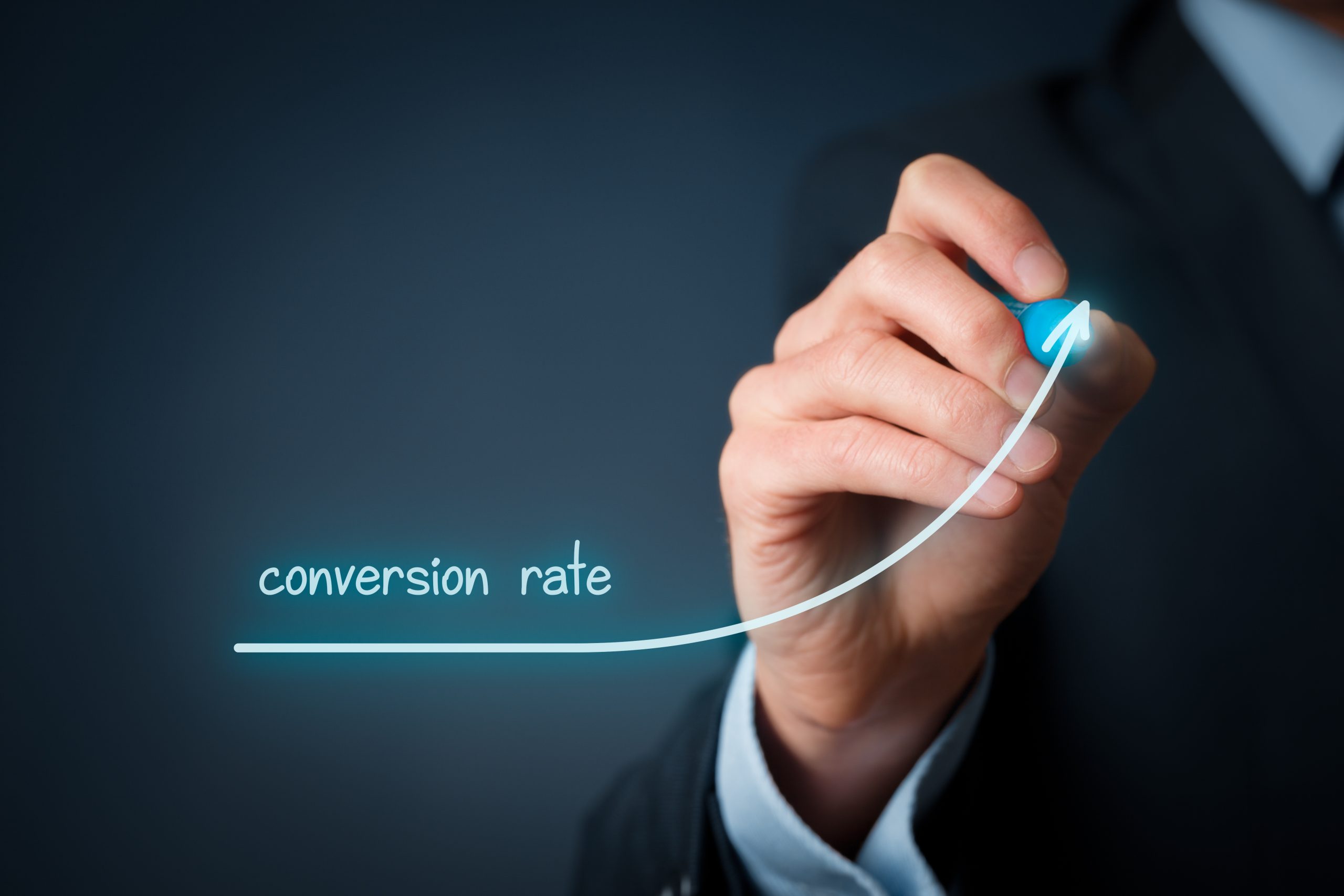













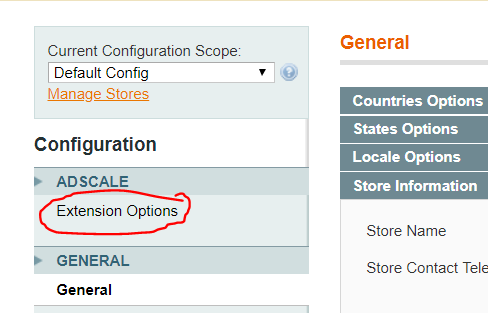



 ,
,